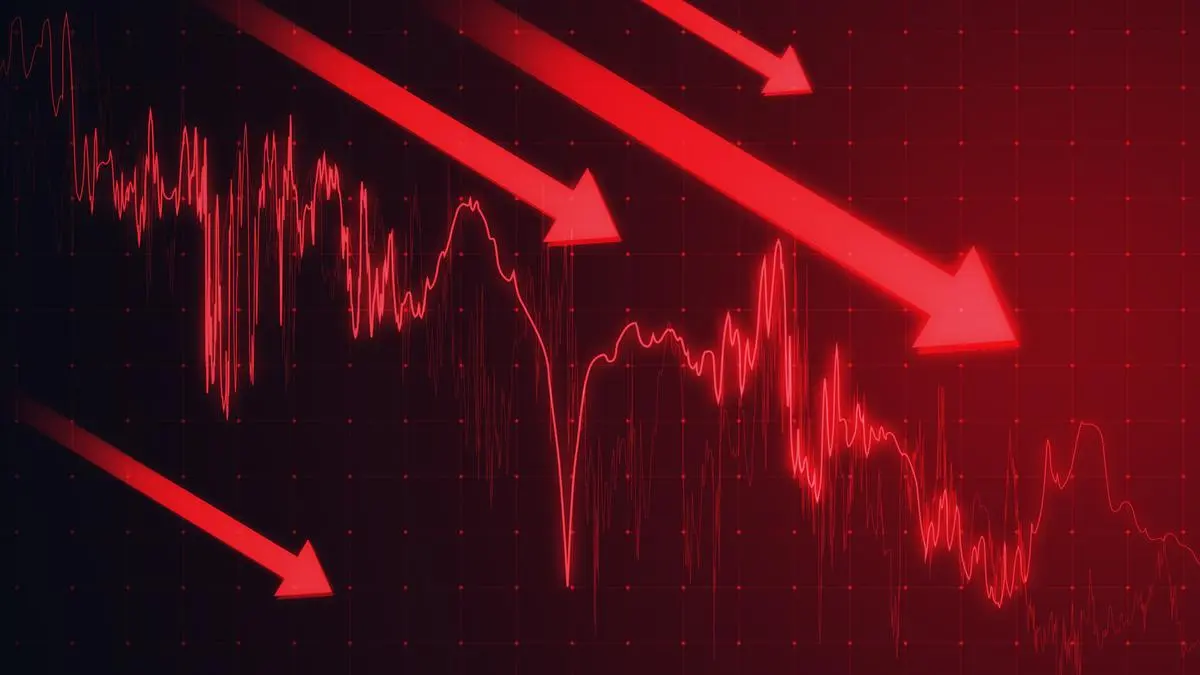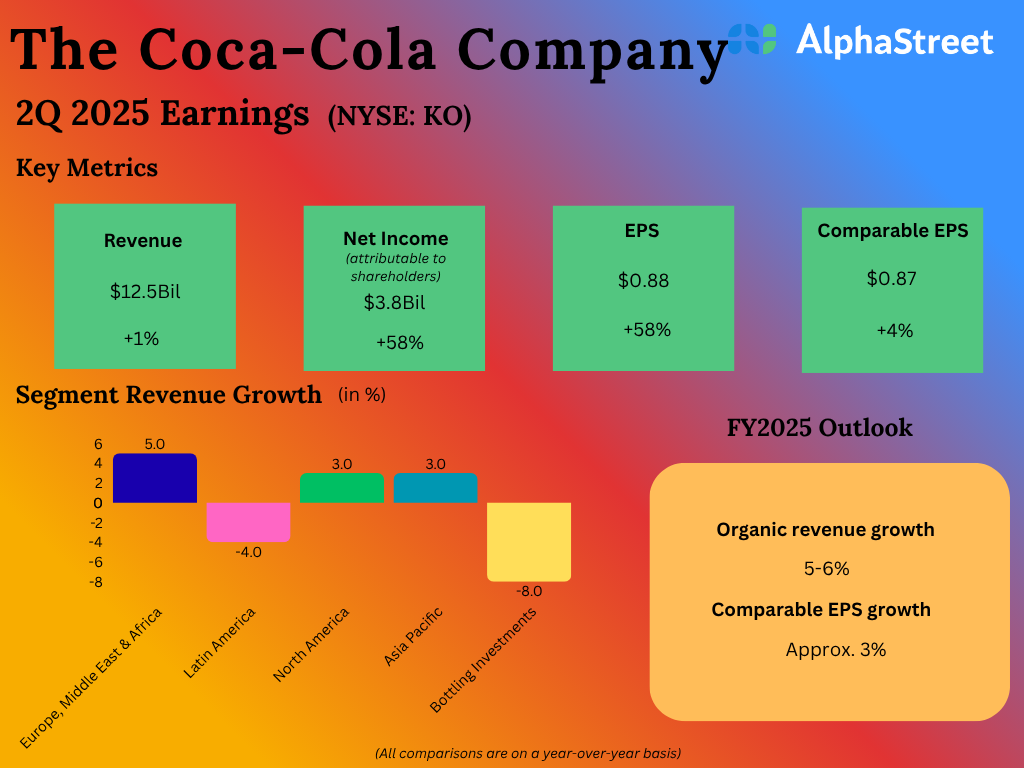Banks are seeing a great run on growth. But concerns have emerged over slowing demand. What is your sense?
I don’t envisage any problem for the next one year. There are three parts to demand, the first one is refinancing where there is a change of bankers. Banks who got in for the short run will be very different than who will enter for the long run and that will lead to a significant market share change. The second aspect is working capital and capex. On working capital, there is a wait-and-watch currently. On the capex side, the thinking inertia is already on and that will kick in credit growth.
By when do you expect capex to pick up?
It will take some time. First, the incremental capacity additions start happening, then the bigger guys come in. Today all the big companies are in the planning stages, and all the steel companies and cement companies are planning for significant capacity addition. And the smaller companies are also planning for incremental addition, all of which will result in capex. Over the next 12 months, you will see all the intermediate ones getting ready. And over the next 24 months, you will see the big guys coming in.
The government has planned significant spending in the budget. How will that propel growth?
As the government puts in infrastructure there will be down-the-line requirements of funding. Each of the vendors will require new capex, they will require new construction equipment. There will be demand for steel for cement. The government is expected to spend tremendous amounts of money so there is no reason why secondary and tertiary requirements for funding will not pick up in all of those sectors.
How much has the turbulence in geopolitics impacted your business?
The sectoral impact of geopolitics is very heavy. Today, textile export is down in the doldrums and these companies have added fresh capacity coming out of Covid. On the other hand, since import from China is practically cut off, the steel sector is doing very well, and even other metals and commodities are performing. But, anything domestic-related is reasonably hunky dory and that is why we are confident about growth.You recently acquired another microfinance institution (MFI); what’s your bet there?
The risk return on MFI seems appropriate. Though there is one big risk, your portfolio will be hit once every three years, so you have to include this in your calculations. So we plan to set aside some profits keeping in mind that risk. Traditionally, we have always been a firm which has looked at all of this in an evolutionary manner. We will take small bites to see how it performs and when we are comfortable we will grow the MFI book.
Banks are increasingly relying on market borrowings versus deposits to fund loan growth. Why is this happening?
Market borrowings are bigger and faster. Normal deposit flow happens at a gradual pace. That’s one big reason why you typically go for market borrowings to bridge the initial gap because your requirement has suddenly shot up and your structural growth will happen progressively. Since market borrowings are driven more by liquidity, you will get points in time where costs are actually better than deposits. But, this is short-term and one has to go for granular deposit growth on top of this.
Do you think any further interest rate hike will start hurting borrowers?
The issue is very simple, do you want transmission or you don’t want transmission? You will have to pay the price for a variable transmission and it will hurt on the way up. And salaries haven’t gone up in the same way. Asset quality will not be impacted in the short run. When the interest rate is moving up very few people will pass on interest rate hikes in the form of increased EMIs. Your home loan tenure gets increased so you are not feeling the pain. But, you can’t continue increasing the tenure, so the quantum of rate hike from hereon should be considered. I think a couple of more rate hikes will really hurt borrowers.










































